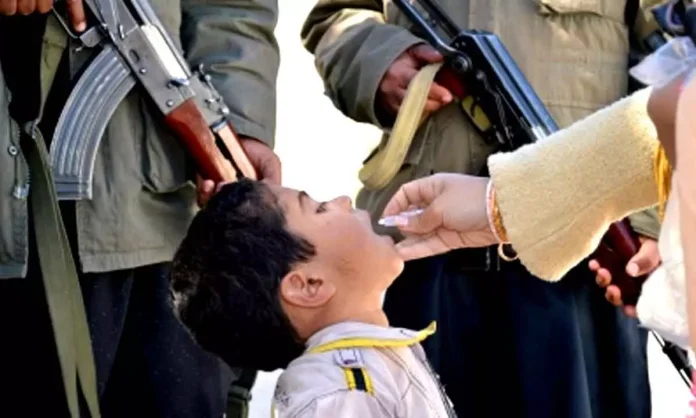Fourth case from Jacobabad highlights the urgent need for intensified vaccination efforts as health worker strikes delay campaigns in Balochistan.
Islamabad [Pakistan], December 19: Pakistan has recorded its 64th polio case of the year, with a new case emerging from Jacobabad, Sindh, on Wednesday, according to Dawn. This marks the fourth reported case from Jacobabad in 2024, underscoring persistent challenges in eradicating the disease.
An official from the Regional Reference Laboratory for Polio Eradication at the National Institute of Health confirmed the development. “This year, 26 cases are from Balochistan, 18 each from Khyber Pakhtunkhwa and Sindh, and one case each from Punjab and Islamabad,” the official said.
Vaccination Campaign Faces Challenges
Despite large-scale efforts to vaccinate over 44 million children across 143 districts, logistical and workforce issues continue to impede progress. The polio eradication team urged parents to ensure that children under five are vaccinated.
“To keep children safe, it is critical for parents to welcome vaccinators and bring their children forward for vaccination,” the official added.
However, a planned vaccination drive in all 36 districts of Balochistan, scheduled for this week, has been postponed to December 30. This decision was made following a high-level review of campaign preparedness amid the widespread presence of the polio virus in the region.
Health Worker Strikes Hamper Efforts
The delay in the Balochistan campaign stems from ongoing strikes by health workers, who have refused participation until their demands are met. Their grievances include:
- Permanent recruitment of doctors and health officials.
- Ending public-private partnerships in hospitals.
- Improved provision of medicines, equipment, and medical facilities.
The health alliance had warned authorities before the campaign that they would boycott all vaccination drives if their demands were not addressed.
Conclusion
The resurgence of polio cases in Pakistan highlights the pressing need for effective vaccination campaigns, even as logistical and workforce challenges persist. Addressing the concerns of health workers while ensuring consistent vaccination outreach remains critical to eradicating this disease.


